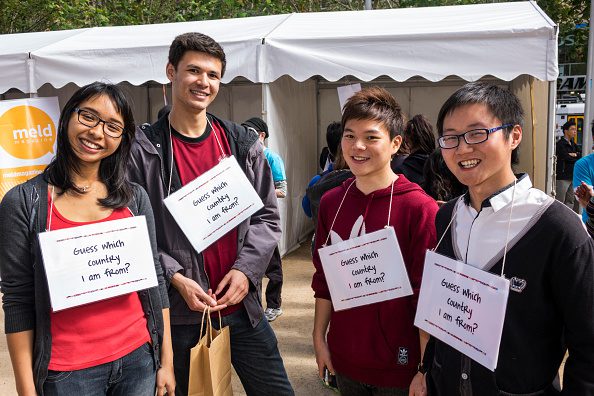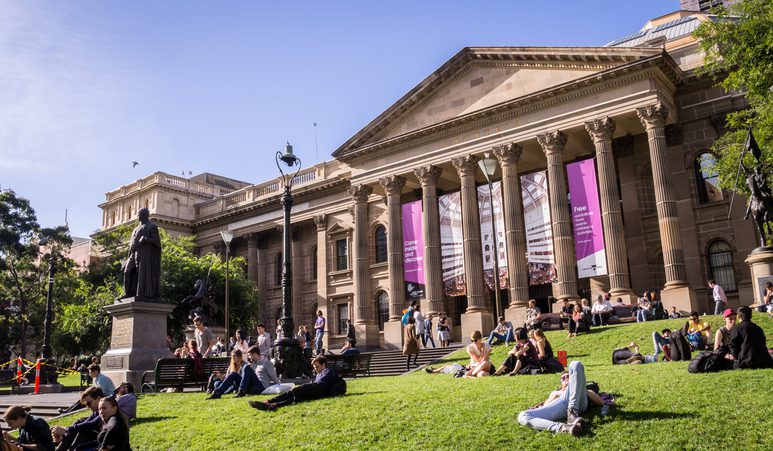Extended post-study work rights: Beneficial for universities, not students.

Understanding Post-Study Work Rights in Australia
International students are increasingly drawn to Australia, thanks in part to generous post-study work rights. However, recent research suggests these rights might actually complicate their job and migration prospects.
The Impact of Extended Work Rights
In 2013, Australia expanded work rights for international graduates, allowing them to stay and work longer after finishing their studies. Interestingly, this change did not lead to immediate benefits in income or job quality. Research from the e61 Institute found that, after three years, many international graduates had lower chances of securing permanent residency. This could be due to heightened competition for a limited number of permanent visas.
Post-Study Work Rights and Job Competition
The increased duration of work rights seems to have created a bottleneck. More graduates are now vying for the same opportunities, potentially leading to wage stagnation, despite graduates landing more skilled jobs. This situation reflects a classic case of supply and demand, with a growing pool of skilled labour leading to tight competition for the best roles.
Silvia Griselda, lead author of the study, highlighted that while universities may benefit from having more graduates stick around, it doesn’t necessarily help the individuals looking to settle in Australia. Simply put, extending work rights without increasing pathways to permanent residency can feel a bit futile.
Navigating Migration Policies
Australia offers various visa options for those looking to make it their home. The Temporary Graduate visa (subclass 485) allows recent graduates to work in Australia, but transitioning to permanent residency through visas like the 189 visa (for skilled workers), or the 190 visa (for skilled nominated workers) can be challenging. It’s important to note that the Skilled Migration process involves meeting specific criteria and skill assessments—like the ANZSCO coding system, which categorises occupations in Australia.
The debate about post-study work rights is ongoing, with policymakers considering how these regulations fit into broader migration goals. Recent reviews have pointed out a “growing cohort of ‘permanently temporary’ former international students” in Australia, stressing the need for a more integrated strategy that supports long-term settlement and success.
Final Thoughts
For those considering a move to Australia, the landscape can be complex. While extended post-study work rights may initially sound advantageous, the realities of job competition and migration pathways can be daunting. It’s essential to stay informed and prepared as you navigate the Australian job market and work towards your permanent residency goals.
What do you think?
Have a question about this topic or your own plans to move to Australia? Scroll down and leave a comment. We’d love to hear from you.
Thinking about moving to Australia? Have questions or need help?
Join our free and supportive community here at Oz Visa Forum.
Post in our forums to get advice and support from people who’ve already made the move Down Under.
Not sure where to start? Click here to get started







Responses